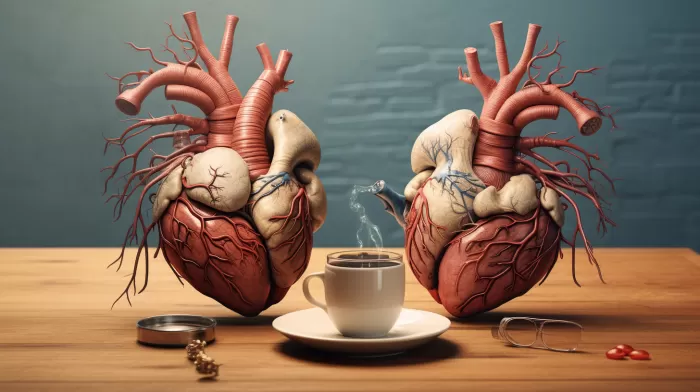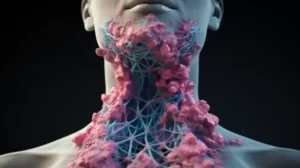Erectile dysfunction (ED) tends to increase as men age, but researchers have discovered that there could be a natural solution to the problem: caffeine. Studies at the University of Texas Health Science Center suggest that by consuming the amount of caffeine found in two to three cups of coffee daily, you can significantly reduce your risk of erectile dysfunction.
Experts found that consuming 85 to 170 milligrams of caffeine a day reduced the chances of getting ED by 42 percent, with men getting 171 to 303 milligrams of caffeine a day being 39 percent less likely to experience ED when compared to men who didn’t consume any caffeine at all.
However, it appears that caffeine doesn’t help everyone. Men with diabetes, for example, weren’t found to benefit from coffee intake. David S. Lopez, one of the researchers, explained that “Diabetes is one of the strongest risk factors for ED, so this was not surprising.”
Caffeine is believed to help combat impotence for many men because it facilitates better blood vessel function and circulation. It’s important to remember that ED is mostly an indication that there’s an issue with your heart and blood vessels. If you’re not in good physical shape, you’re more likely to experience both performance problems and heart problems. ED difficulties are simply further reasons to get serious about maintaining proper blood flow within your body in general.
When it comes to caffeine consumption, it’s best to avoid products containing synthetic caffeine. While synthetic forms of caffeine may be more affordable and are thus used more often, they are far from ideal. Synthetic caffeine is absorbed more quickly by the body, resulting in a faster “crash” and the possibility of experiencing negative side effects such as difficulty sleeping, nervousness, heart palpitations, and nausea. Natural plant-sourced caffeine, on the other hand, is regulated by the body’s absorption and provides a more typical energizing effect.
Many products containing the ingredient “caffeine” actually contain the synthetic form. To avoid this, opt for guarana or green tea to receive the natural plant form of caffeine. Drinking regular coffee and black tea is also an excellent way to get sustained energy from naturally occurring caffeine.
Caffeine Consumption: The Benefits And How To Get It
While the focus of this article has been on caffeine’s ability to help with erectile dysfunction, it’s essential to understand the broader health benefits of caffeine consumption, as well as the various ways to incorporate caffeine into your diet.
Experts have linked caffeine consumption to numerous health benefits, such as:
- Reduced risk of Parkinson’s disease
- Improved cognitive function and memory
- Decreased risk of developing type 2 diabetes
To reap all the benefits, including decreasing your chances of erectile dysfunction, it’s essential to consume caffeine in moderation and choose natural sources.
Consider incorporating some of the following natural caffeine sources into your daily routine:
- Coffee: This popular beverage contains naturally occurring caffeine, which can help provide sustained energy throughout the day without a significant crash.
-
Green tea: Rich in antioxidants and a natural source of caffeine, green tea provides a gentle lift of energy without the jitters that can accompany other forms of caffeine.
-
Black tea: Slightly higher in caffeine content than green tea, black tea can offer a more substantial energy boost in addition to its antioxidant properties.
-
Yerba mate: This traditional South American beverage is derived from the leaves of the yerba mate plant and provides both a natural source of caffeine and a wide array of vitamins and minerals.
-
Dark chocolate: In addition to being a delicious treat, dark chocolate contains natural caffeine and antioxidant properties.
By selecting natural sources of caffeine like those mentioned above, you can maintain a healthy and balanced lifestyle while taking advantage of the numerous benefits that caffeine has to offer, including potentially warding off the risk of erectile dysfunction. Just remember that moderation is key, and always consult with your healthcare provider before making significant changes to your diet or lifestyle.



